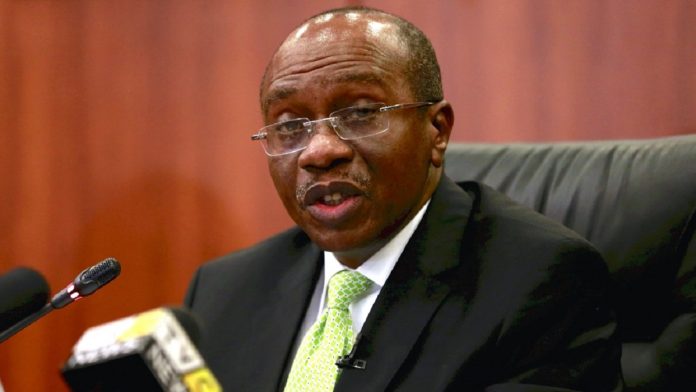MPC: CBN to Keep Policy Rates – Cowry Asset

Share this Post
Ahead of the monetary policy committee meeting scheduled for the week, analysts at Cowry Asset Management Limited said they see a decision to keep rates at play given a surge in the headline inflation rate in February 2023.

In a notice posted on its website, the Central Bank of Nigeria announced that the Monetary Policy Committee will be meeting on Monday and Tuesday to decide on various monetary and economic indicators.
Daily Global News reported that in January, the committee raised the policy rate by +100 basis points to 17.50% while keeping other parameters constant, citing the high inflation rate.
The CBN’s hawkish tone has failed to douse the worsening consumer price index as failed naira redesigned policy stoked pressures across the nation early in the year. Consequently inflation rate spiked further to 21.91% in February, according to the statistic office.
Last week, the National Bureau of Statistics consumer price inflation report showed that Nigeria’s headline inflation rate rose 0.09% points to 21.91% in February 2023 from 21.82% in January.
This shows an acceleration of the headline index for the second month to a near seventeen and half-year high, above market expectations for a paltry 5 basis points above the 21.82% reported in January 2023.
The acceleration was partly a result of the persistent food shortages and the unprecedented Naira scarcity witnessed during the month as an upshot of the central bank’s redesigned Naira policy.
In January cowry Asset Management analysts forecasted a gradual acceleration in the headline index in February due to the currency crunch, fuel scarcity, and other forms of election spending that are likely to propel another cycle of price increases in the month.
However, the NBS said the contributors to the rise in the headline index were prompted by increases in the prices of bread and cereal, actual and imputed rent, potatoes, yams, and other tubers, vegetables, and food.
Furthermore, the food index, which is the most relevant in the CPI basket, surged further to 24.35% from the jump of 24.32% in January amid food shortages. The rise in food inflation was caused by increases in the prices of oil and fat, bread and cereals, potatoes, yams, and other tubers, fish, fruits, vegetables, and food products.
On the contrary, food inflation declined by 0.18% points to 1.90% in February from 2.08% in January as a result of the slow rise in food prices during the period.
For the core inflation, which excludes the prices of volatile agricultural produce, the print was 18.84% in February on a year-over-year basis, down from a 16-year high of 19.16% reported in January 2023.
During the review period, the highest increases were recorded in the prices of gas, passenger transport by air, liquid fuel, fuels, and lubricants for personal transport equipment, vehicle spare parts, and solid fuel, among others.
But on a month-on-month basis, it stood at 1.06% in February, down from 1.82% in January 2023.
Across the states during the month, headline inflation was highest in Bauchi (24.59%), Rivers (24.40%), and Ondo (24.27%), while Sokoto (18.90%), Borno (18.94%), and Cross River (19.62%) states were on a year-on-year trend.
But January and February’s comparison saw the highest increases in Edo (2.76%), Ogun (2.64%), and Yobe (2.36%), while Bayelsa (0.74%), Borno (0.95%), and Taraba (1.03%) recorded the slowest rise on month-on-month inflation.
For food inflation, it was recorded on a year-on-year basis in states like Kwara (29.51%), Imo (27.47%), and then Lagos (27.42%), while Sokoto (18.54%), Jigawa (19.67%), and Yobe (21.89%) recorded the slowest rise between February 2022 and February 2023.
On a monthly comparison, food inflation was highest in Yobe (3.15%), Edo (3.03%), and Ogun (2.90%), while Rivers (0.75%), Sokoto (0.89%), and Nassarawa (0.90%) recorded the slowest rise.
Across the globe, rising inflation has continued to be a front burner in most economies, including Nigeria, and escalating the price stability plans far from the hands of the monetary authority.
Analysts said an economic growth trade-off that may further drive the central bank’s position for an extended contractionary stance.
“At the next monetary policy committee meeting next week, we will opine for a hold stance from the committee following the slow rise in February inflation numbers against the backdrop of the gradual adoption of the cashless policy and limited currency in circulation”, Cowry Asset analysts said.













